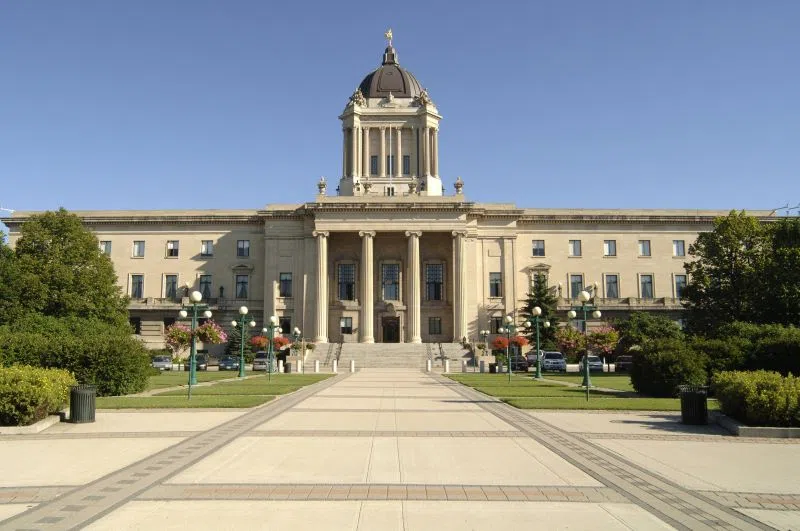The Manitoba government launched its new Economic Development Strategy, a roadmap to make life more affordable for families by enhancing productivity, strengthening the private sector, driving sustained growth, creating higher-paying jobs and keeping more young people building their future in the province, Premier Wab Kinew announced today.
“By growing our economy, we can make life more affordable, keep our young people here and ensure the next generation sees Manitoba as a place of opportunity,” said Kinew. “We’ve set an ambitious target – to make Manitoba a ‘have’ province by 2040 – so we can make sure Manitoba is a place where everyone can build a good life.”
The strategy outlines several major initiatives including:
- Introducing a new $50-million business loan program: This program will help Manitoba companies finance productivity-enhancing investments such as new equipment, technology and facility upgrades. By unlocking private capital and supporting innovation, the program will enable businesses to expand, create good jobs and raise wages.
- Modernizing Manitoba’s investment tax credits: The province will convert a portion of the Manufacturing Investment Tax Credit into an immediate retail sales tax exemption on new machinery and equipment, easing upfront costs for businesses. Additional changes to the Small Business Venture Capital Tax Credit will increase the program’s size, lower barriers for investors, and generate up to $30 million in new investment in Manitoba’s small businesses.
- Retaining young people: The strategy strengthens career development in schools, expand apprenticeship completion, and builds stronger connections between post-secondary institutions and employers, ensuring graduates have clear pathways to rewarding jobs in Manitoba.
- Making Manitoba a ‘have’ province by 2040: Through strategic investments, growing the private sector, trade expansion at the Port of Churchill, and productivity growth. The Manitoba government aims to shift from equalization recipient to economic leader, putting more money in the pockets of Manitobans, strengthening public services and raising the standard of living.
The plan also emphasizes affordability by boosting housing supply, cutting red tape for businesses, and creating conditions for wage growth across all sectors.
“Manitoba has the people to make this strategy work,” said Business, Mining, Trade and Job Creation Minister Jamie Moses. “We’re working with business leaders, labour, and Indigenous partners to ensure that we can create a stronger, more resilient economy now and into the future.”
The Manitoba government will work closely with Indigenous partners, municipalities, business leaders and workers to implement the strategy, ensuring economic growth is inclusive and benefits all regions of the province, the minister added.
For more information on Manitoba’s Economic Development Strategy, visit https://manitoba.ca/eds/.










